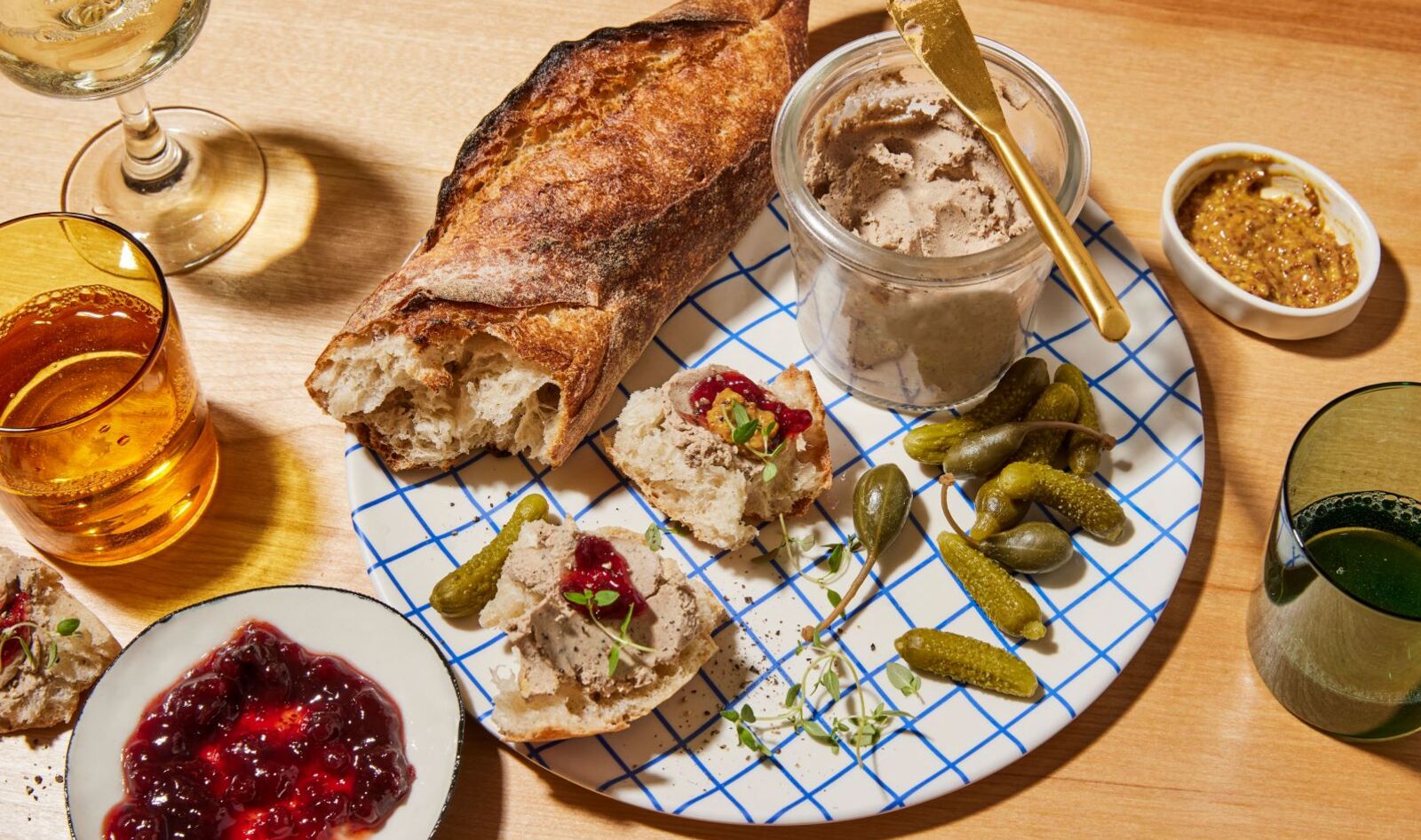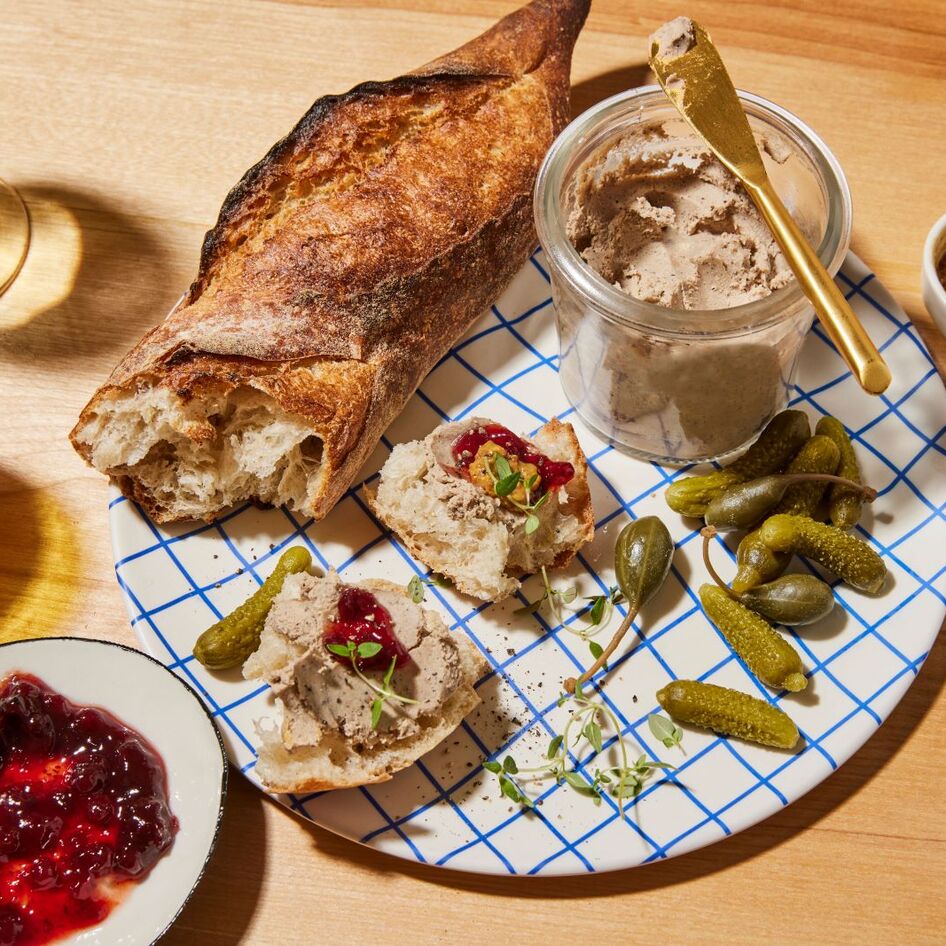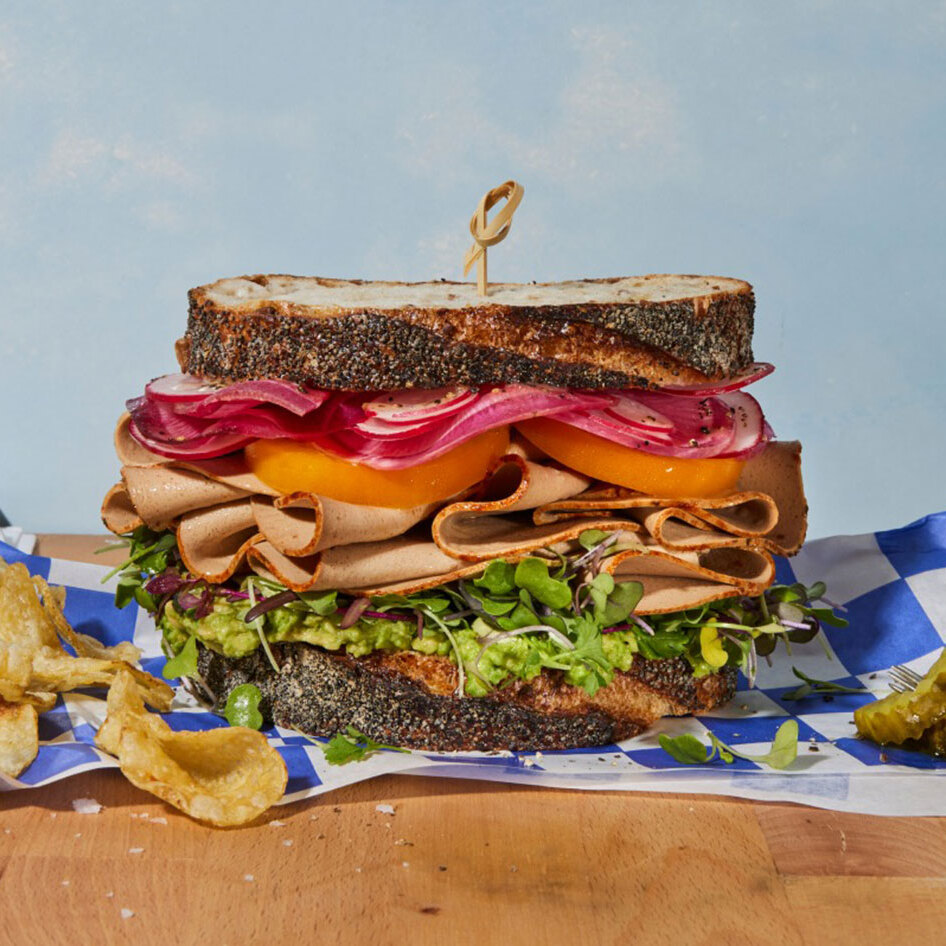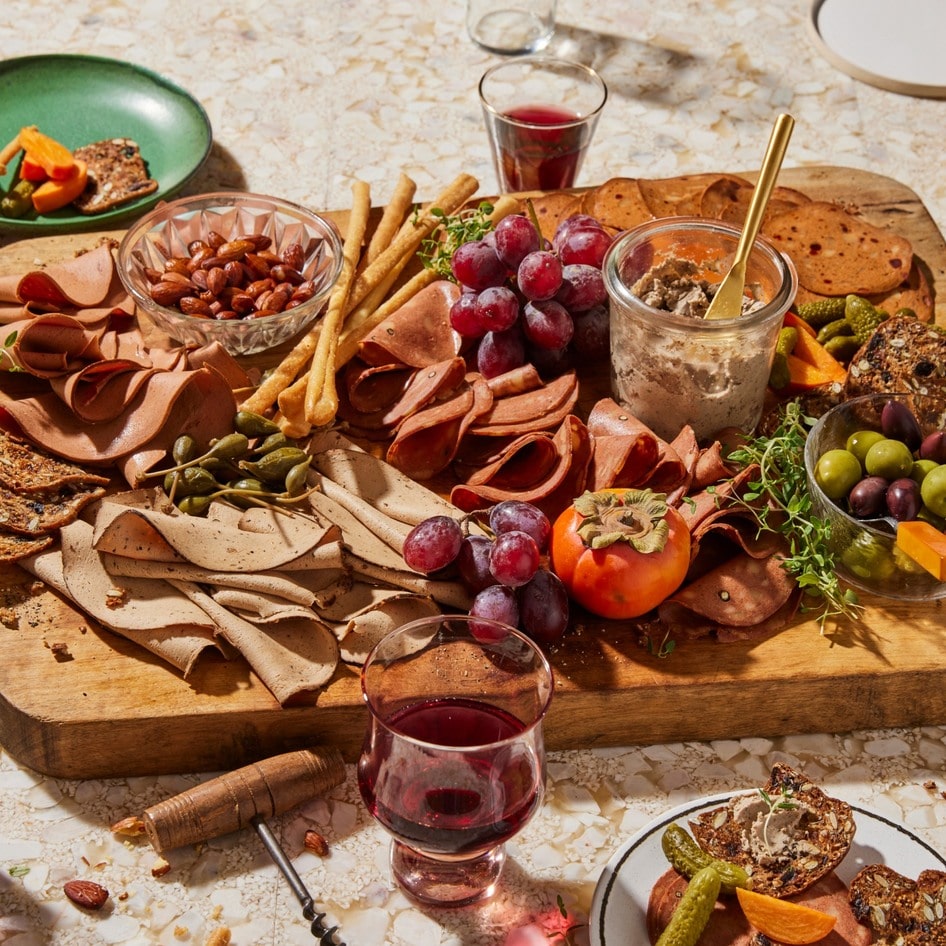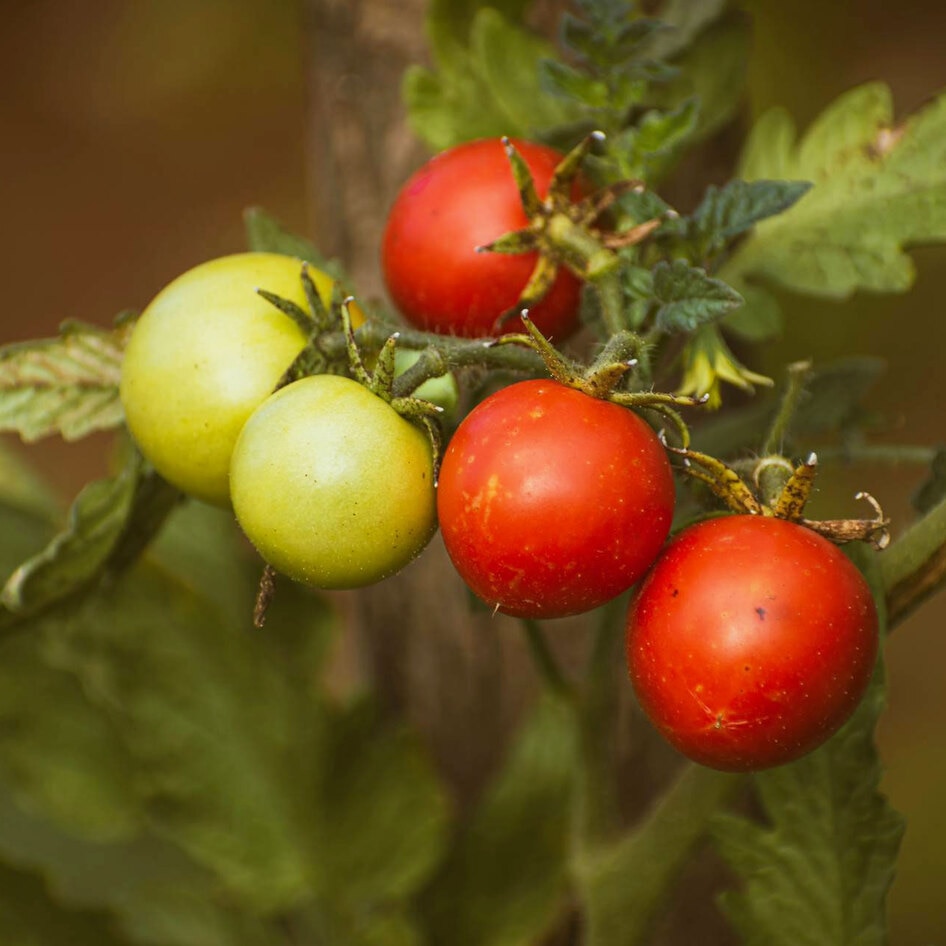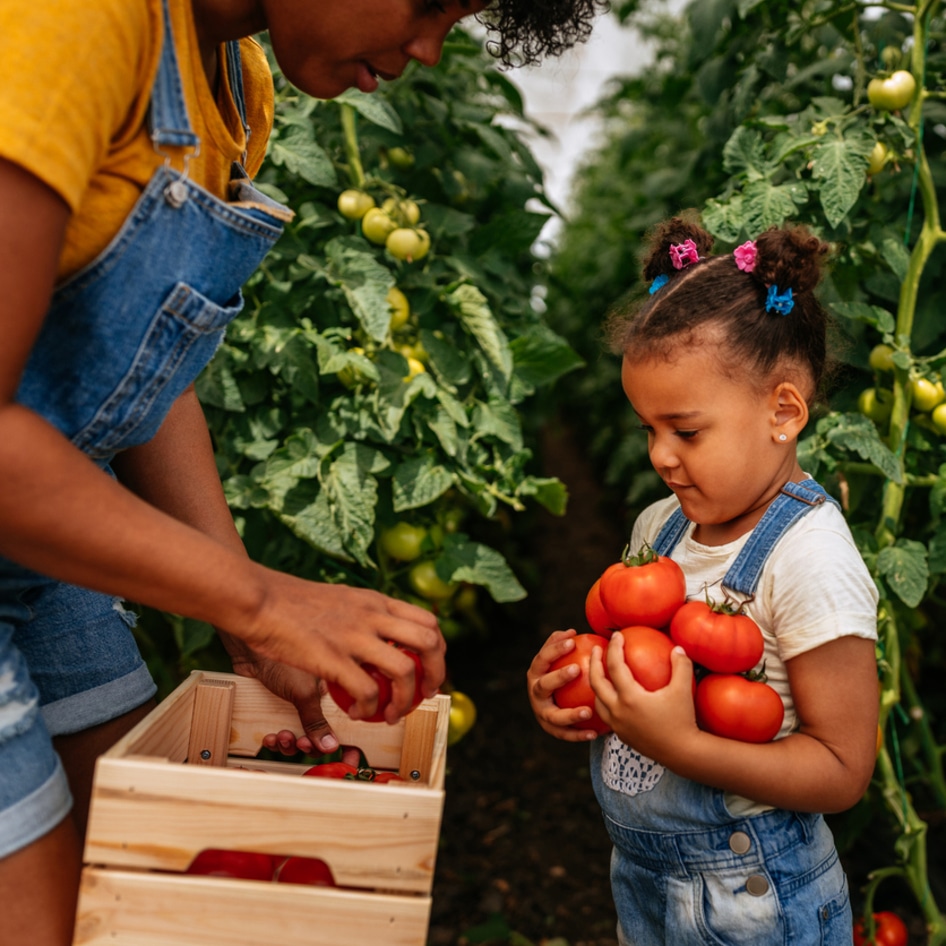Of all the vegan meat options available these days, you’d think we’d have enough to meet the needs of all palates. But for consumers who lean toward delicacies, a new trend is on the rise: vegan foie gras.
Foie gras is a controversial and luxury food product made from the liver of ducks or geese that have been force-fed a high-calorie diet through a process known as gavage. This force-feeding involves inserting a feeding tube into the bird’s esophagus and delivering a mixture of corn and other grains directly into their stomachs, causing their livers to enlarge to many times their normal size.
The result is a fatty, rich liver that is considered a delicacy in French cuisine and is often used in various gourmet dishes.
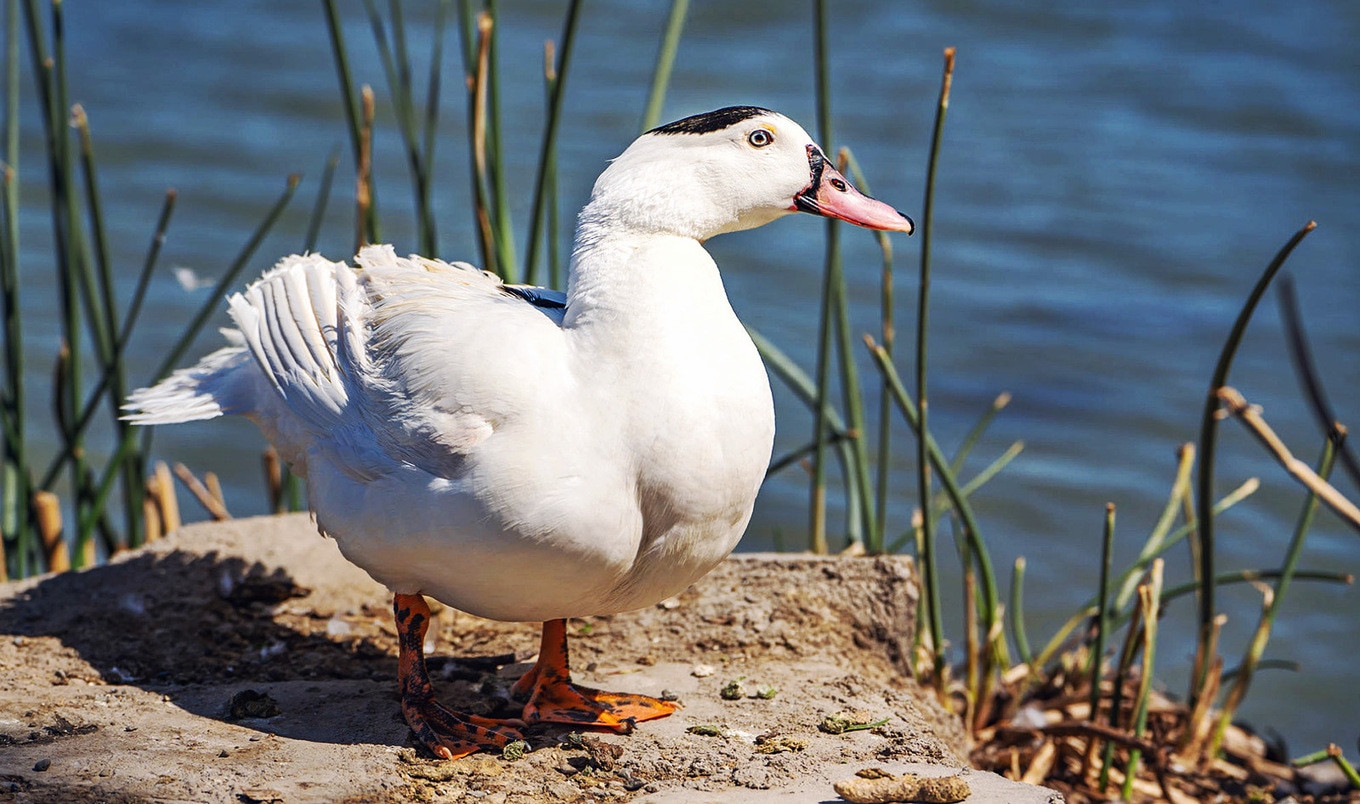 Adobe
Adobe
The controversy surrounding foie gras primarily centers on the ethical concerns related to the force-feeding process. In response to these ethical concerns and the growing trend towards more compassionate and sustainable food choices, there has been a rise in vegan versions of foie gras.
What is vegan foie gras?
Vegan foie gras alternatives are part of a broader trend toward plant-based and cruelty-free food options driven by ethical, environmental, and health considerations. These alternatives cater to individuals who want to enjoy the flavors and experiences of traditional dishes without compromising their values or dietary preferences.
Vegan foie gras alternatives are typically made from a combination of plant-based ingredients such as legumes, grains, oils, and flavorings. The plant-based alternatives for foie gras aim to replicate the flavor and texture of traditional foie gras without the use of animal products or its ethical dilemmas.
Vegan foie gras brands
1 Prime Roots
Berkeley, CA-based vegan brand Prime Roots offers Koji Foie Gras Torchon, a smooth and buttery torchon made from a base of coconut oil, koji culture, and pea protein.
In fact, after realizing that the long and fibrous roots of koji resemble meat muscle fibers under a microscope, Prime Roots built an entire meatless brand around koji as the hero ingredient.
But why foie gras? Prime Roots co-founder and CEO Kimberlie Le says that as a daughter of a chef, delicacies like pâtés or foie gras on crostini were always on the Sunday dinner menu growing up. But Le didn’t learn about how foie gras was made until college.
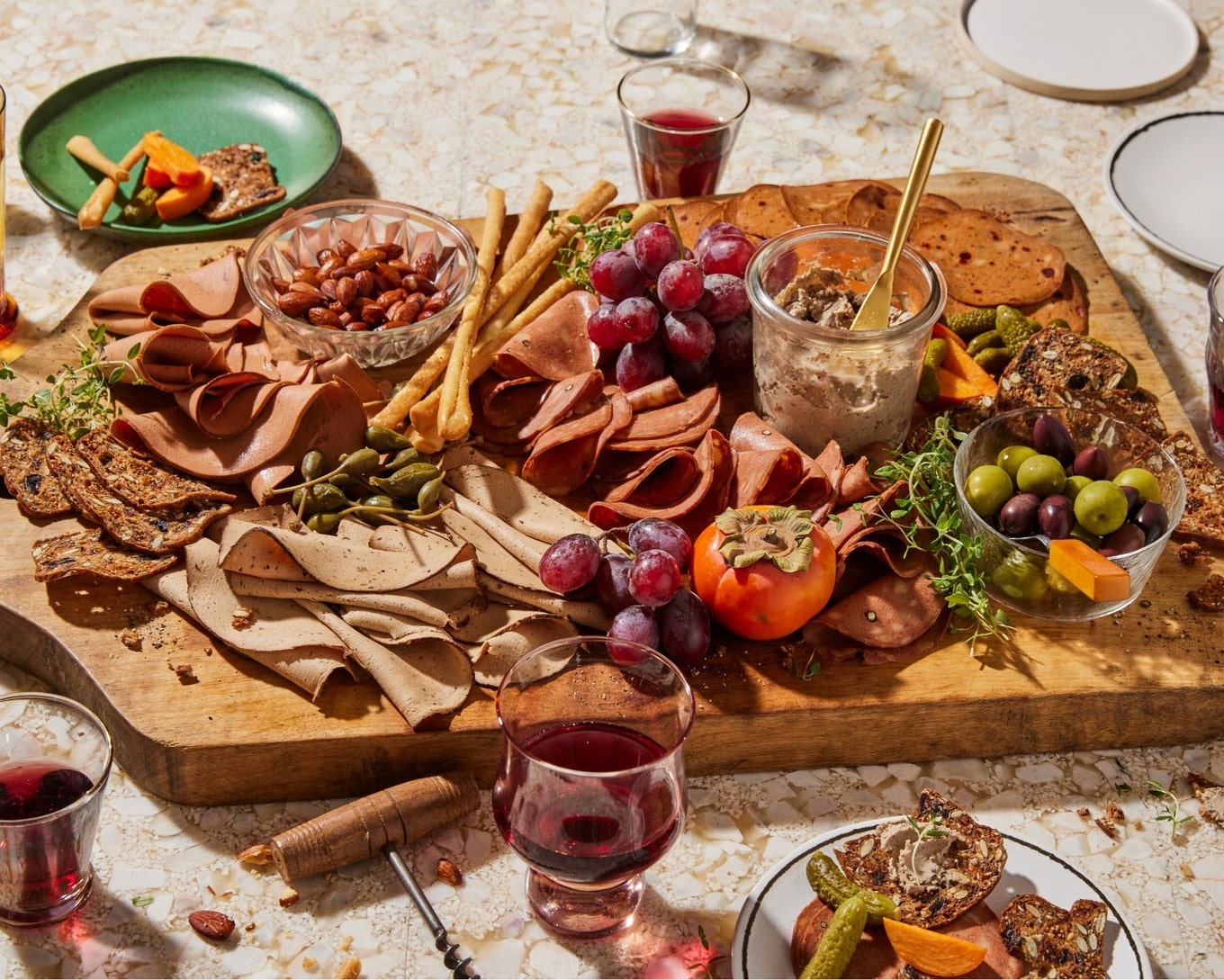 Prime Roots
Prime Roots
“At UC Berkeley, I learned how a plant-based approach is better for people, planet, and animals, it just made sense for me to replicate the French delicacy I knew and loved,” Le tells VegNews. “My mom used koji in many of her fermented foods, so I was familiar with the amazing natural versatility of koji for its use in food.”
Prime Roots has partnered with artisanal French charcuterie maker Fabrique Délices to make its proprietary recipe and distribute its first line of plant-based koji-pâtés and koji-foie gras. “In addition, a newly designed 23-ounce tub will be available for food service riding the fast-growing plant-based charcuterie trend,” Le says.
2 Dr. Foods
Earlier this year, Japanese food tech company Dr. Foods Inc. (a spinoff company of Next Meats Co.) launched what it claims was the world’s first plant-based foie gras made by cultivating microorganisms. The innovative products aim to address the ethical and environmental concerns associated with traditional foie gras.
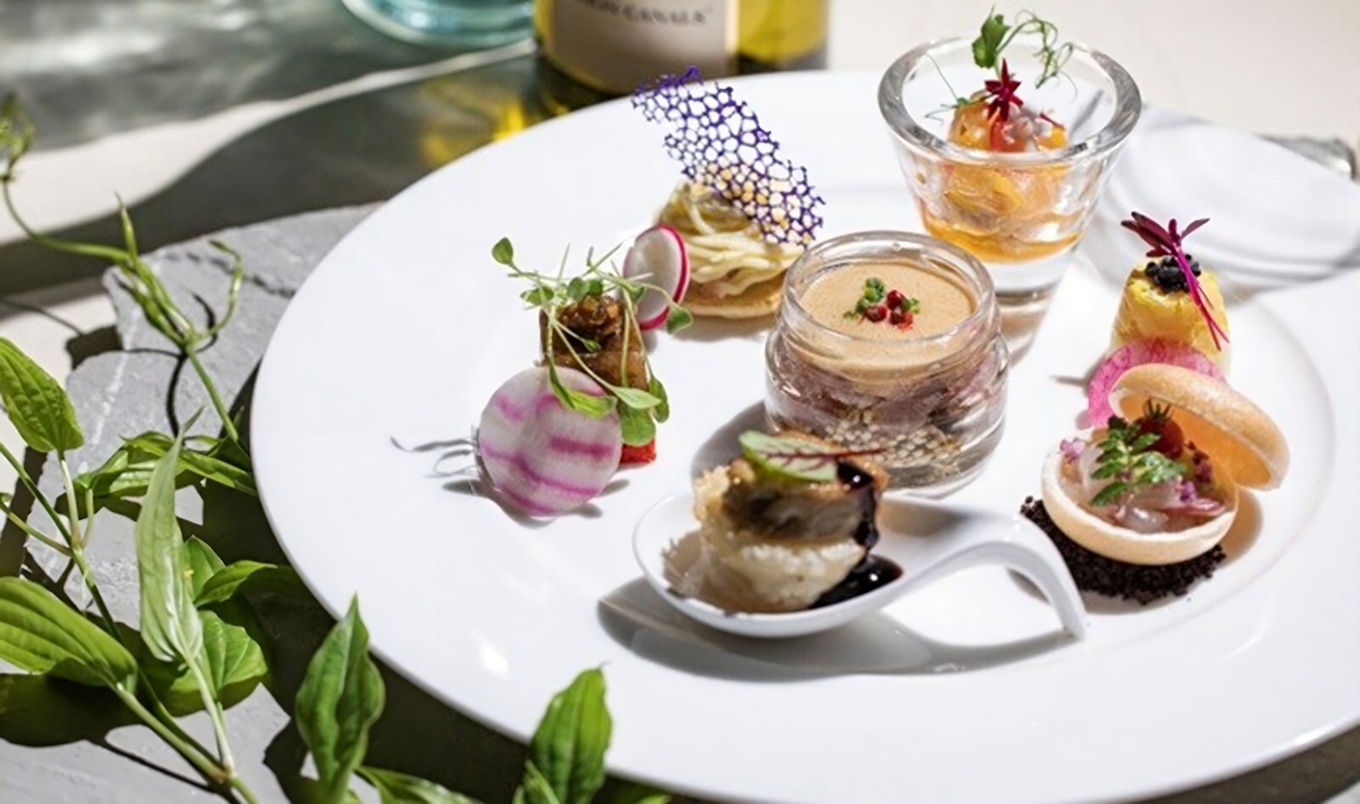 Dr. Foods
Dr. Foods
Dr. Foods has been working to bring the product to North American markets, and last month, the company launched its vegan foie gras, along with vegan caviar, on the menus of 28 wedding halls and hotel restaurants nationwide, where it will be served to approximately 160,000 guests.
3 The Better Meat Co.
Animal-derived foie gras has not been served on restaurant menus in California for years. But in late 2022, the Better Meat Co. showcased a foie gras alternative made from fermented Rhiza mycoprotein at the LinkedIn headquarters in California.
“Our mycoprotein foie gras has been enjoyed by thousands of people at conferences such as Future Food Tech and Plant Based World Expo, at corporate cafeterias such as Linkedin’s headquarters, and also at many fine dining restaurants like REVE in San Francisco,” Doni Curkendall, EVP, Operations, the Better Meat Co., tells VegNews.
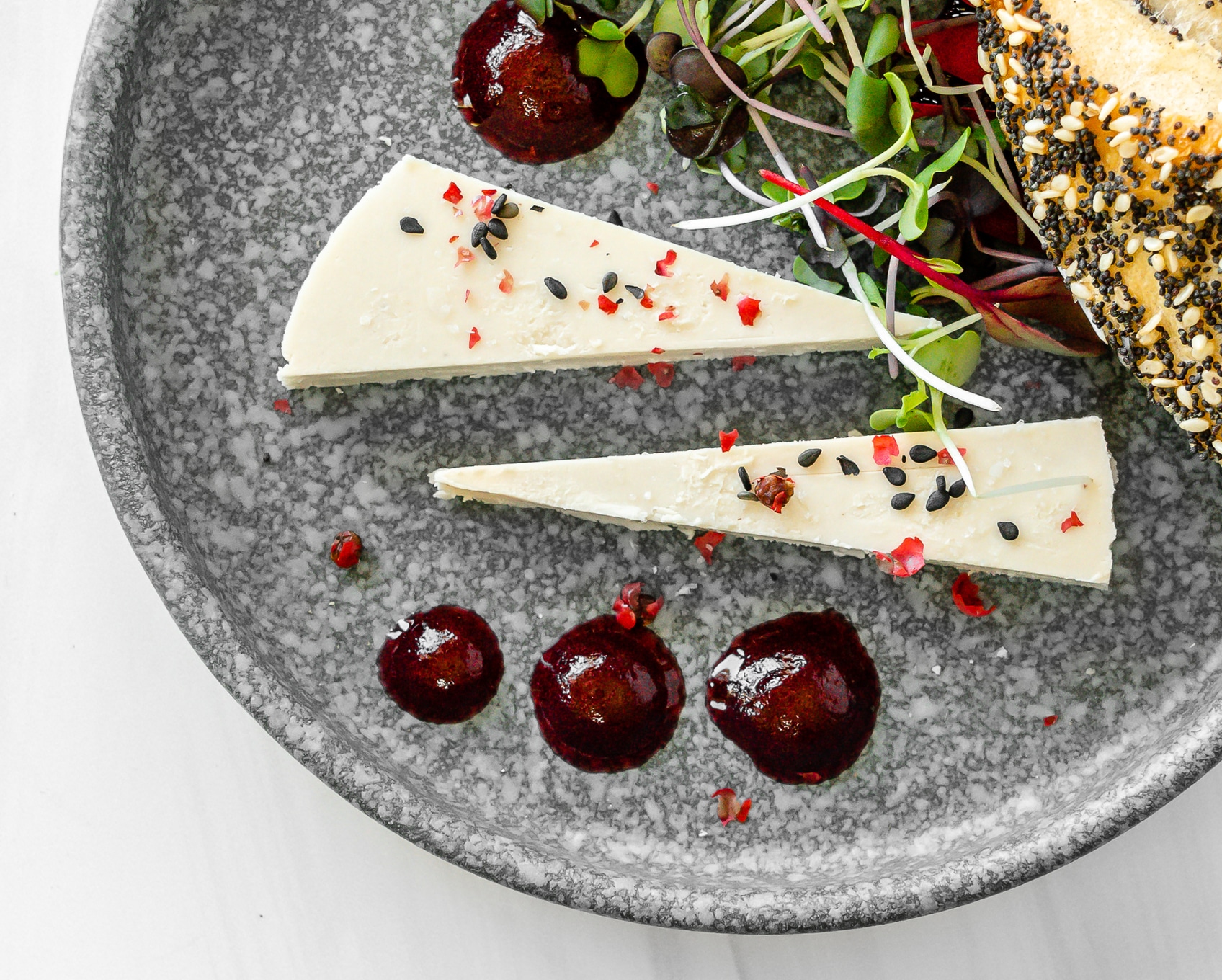 The Better Meat Co.
The Better Meat Co.
The Better Meat Co. hopes to continue bringing its product to consumers to show them that there are better alternatives. “The sale of foie gras is banned in California because of the animal cruelty required to produce it,” Curkendall says. “We knew that the mycoprotein we grow in Sacramento can help restaurants provide their diners with the experience of foie gras, but in a much more humane—and legal—way.”
4 Nestle
Last year, Nestlé conducted a trial of a vegan foie gras called Voie Gras in Switzerland and Spain. The innovative product, made from soy, miso paste, and truffle, was launched under Nestlé’s Garden Gourmet brand.
During the trial, the vegan foie gras substitute was made available in a chilled 180-gram block and stocked in 140 Co-op stores across Switzerland and select points of sale in Spain.
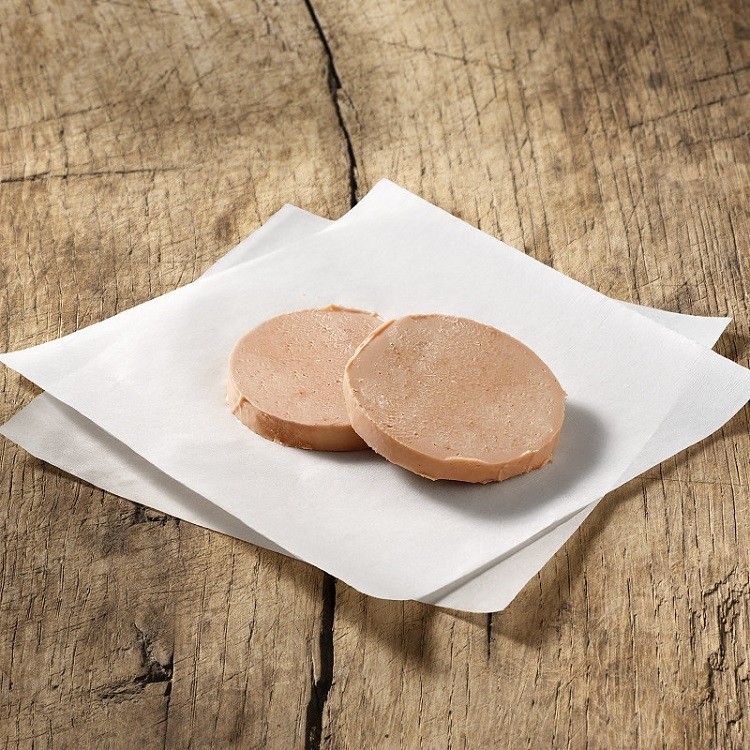 Nestle
Nestle
Encouraged by the positive response, Nestlé has applied to register the name ‘Veggie Gras’ as an international trademark with the Intellectual Property Office—specifically under classes 29 and 30, which cover vegetable substitutes for foie gras and pastes—hinting at a global expansion.
For the latest vegan news, read:
JUMP TO ... Latest News | Recipes | Guides | Health | Shop

